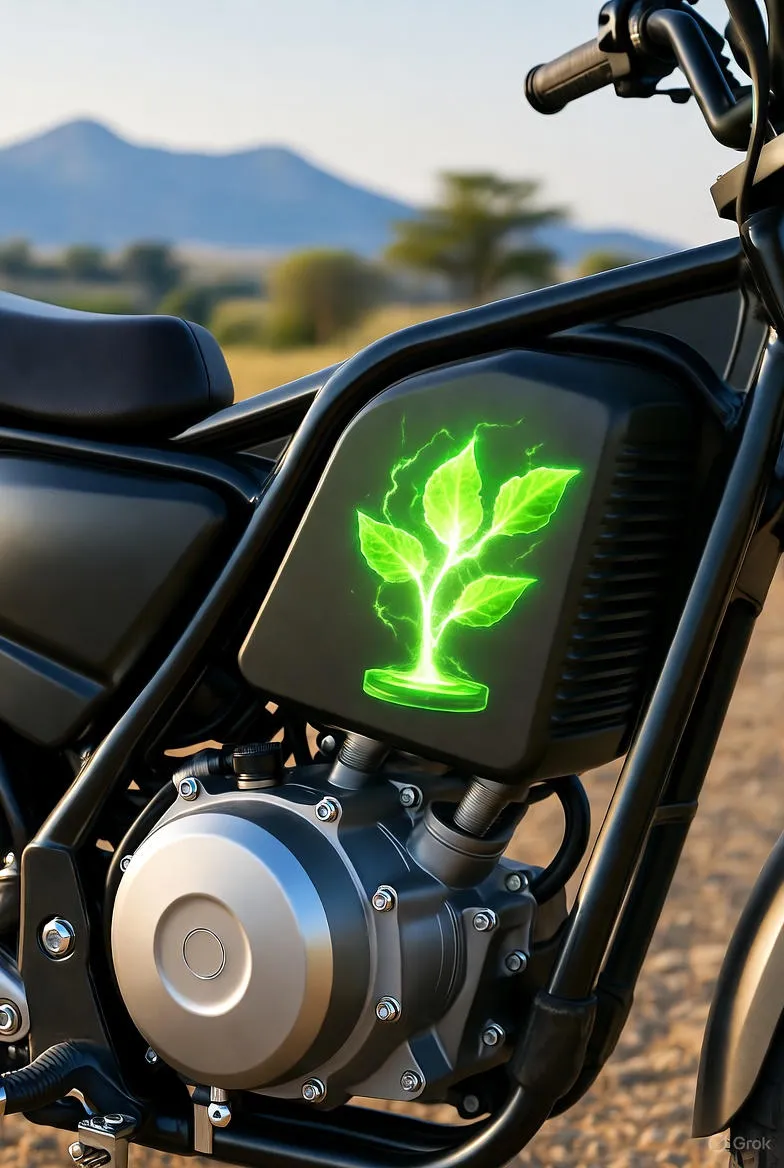As the world shifts towards sustainable transportation, Africa’s e-mobility landscape is gaining momentum. This move reflects broader industry trends, where startups are revolutionizing the way people and goods move around the continent. Spiro, a Dubai-headquartered company, is at the forefront of this change, having just secured a $100 million investment round led by The Fund for Export Development in Africa (FEDA). This landmark funding marks Africa’s largest-ever EV mobility investment, cementing Spiro’s position as a pioneer in the region’s electric motorbike sector.
The company’s ambitious plans include deploying over 100,000 electric bikes across Africa by the end of 2025, a 400% year-over-year jump. This growth is driven by a business model tailored to Africa’s realities, where motorcycle taxis are a lifeline for millions of people. Spiro’s CEO, Kaushik Burman, notes that “these drivers spend 10 to 12 hours on the road every day, covering 150 to 200 kilometers while paying high fuel costs. At the end of each day, most barely save anything.” Spiro’s electric bikes offer a cost-effective solution, with prices roughly 40% lower than new gasoline models.
The secret to Spiro’s success lies in its battery-swapping model, which allows riders to swap depleted batteries for freshly charged ones at designated stations. This approach has led to a surge in battery swaps, from 4 million in 2022 to over 27 million this year. Burman attributes this growth to the fact that “electric mobility, especially through a battery-swapping model, fits this segment perfectly. They can’t afford downtime and get to save some money.” With its proprietary algorithm measuring energy usage, Spiro earns revenue from both bike sales and its battery-swapping network.
As Spiro expands its operations, the company is establishing a strong manufacturing presence in Africa, with four assembly and manufacturing facilities across Kenya, Nigeria, Rwanda, and Uganda. This move is expected to increase local employment opportunities and reduce reliance on imported components. The $100 million investment will fuel this expansion, enabling Spiro to launch pilots in new markets like Cameroon and Tanzania.
In a market dominated by cheap imported motorcycles, Spiro’s innovative approach is poised to disrupt the status quo. With Africa having around 25 million motorbikes, compared to 320 million in India, the opportunity for growth is vast. As Burman remarks, “Our competition is the gasoline bike segment, both first and secondhand bike segment and the millions of potential riders who don’t yet own a bike or lack access to affordable transportation and employment.” With its sights set on electrifying Africa’s motorbike sector, Spiro is revving up the continent’s e-mobility revolution.
Source: Official Link
